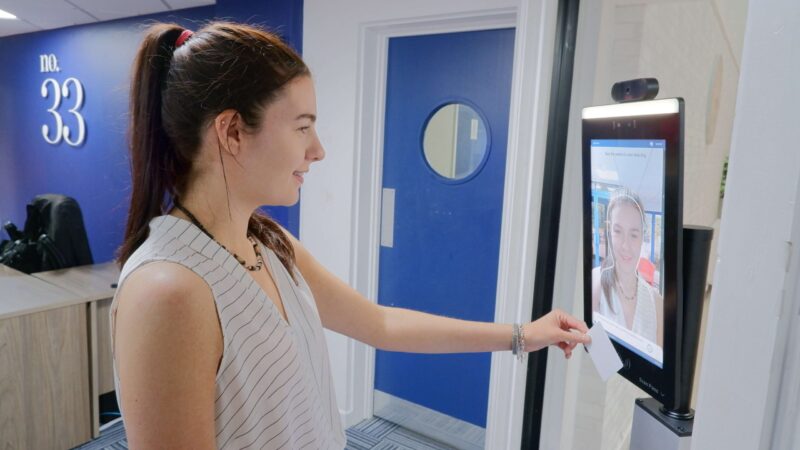Self-service kiosk technology is changing the way Malaysians interact with businesses and services. From ordering food at a restaurant to checking in for a flight, self-service kiosks are becoming increasingly popular in Malaysia. In this article, we will discuss the advantages and benefits of self-service kiosk technology for Malaysians.
Why Self-Service Kiosk Technology?
Self-service kiosk technology provides a convenient and efficient way for Malaysians to interact with businesses and services. It eliminates the need for human interaction in certain processes, which can save time and increase efficiency. It also provides a more personalized experience, allowing users to customize their orders and transactions.

Advantages and Benefits of Self-Service Kiosk Technology for Malaysians
Speed and Efficiency
- Self-service kiosks are designed to be fast and efficient, reducing wait times and increasing throughput. They can process orders and transactions quickly, allowing users to get what they need and move on with their day.
Increased Accuracy
- Self-service kiosks are less prone to errors than traditional manual methods, as they are programmed to follow specific rules and procedures. This reduces the risk of mistakes and ensures that users get exactly what they ordered.
Personalization
- Self-service kiosks allow users to customize their orders and transactions, providing a more personalized experience. This can lead to increased customer satisfaction and loyalty.
Reduced Labor Costs
- Self-service kiosks can reduce labor costs for businesses, as they eliminate the need for human interaction in certain processes. This can result in savings that can be passed on to customers in the form of lower prices.
Increased Accessibility
- Self-service kiosks are easy to use and accessible to all Malaysians, regardless of language or literacy level. This makes them a great tool for businesses looking to reach a wider audience.
Examples of Self-Service Kiosk Technology in Malaysia
Food Ordering
- Self-service kiosks are becoming increasingly popular in restaurants and cafes in Malaysia. Customers can order and customize their food without the need for human interaction.
Ticketing
- Self-service kiosks are also commonly used for ticketing in Malaysia, such as for public transportation or events. Users can purchase and print their tickets without the need for a ticketing agent.
Banking
- Self-service kiosks are also used in banking in Malaysia, allowing customers to perform basic transactions such as cash deposits and withdrawals without the need for a teller.

Conclusion
Self-service kiosk technology is changing the way Malaysians interact with businesses and services. With its speed, efficiency, accuracy, personalization, and accessibility, self-service kiosks provide a convenient and efficient way for Malaysians to get what they need. Whether it’s ordering food at a restaurant, purchasing tickets for an event, or performing basic banking transactions, self-service kiosks are becoming increasingly popular in Malaysia. If you haven’t tried self-service kiosk technology yet, now is the time to give it a try and experience the benefits for yourself.





